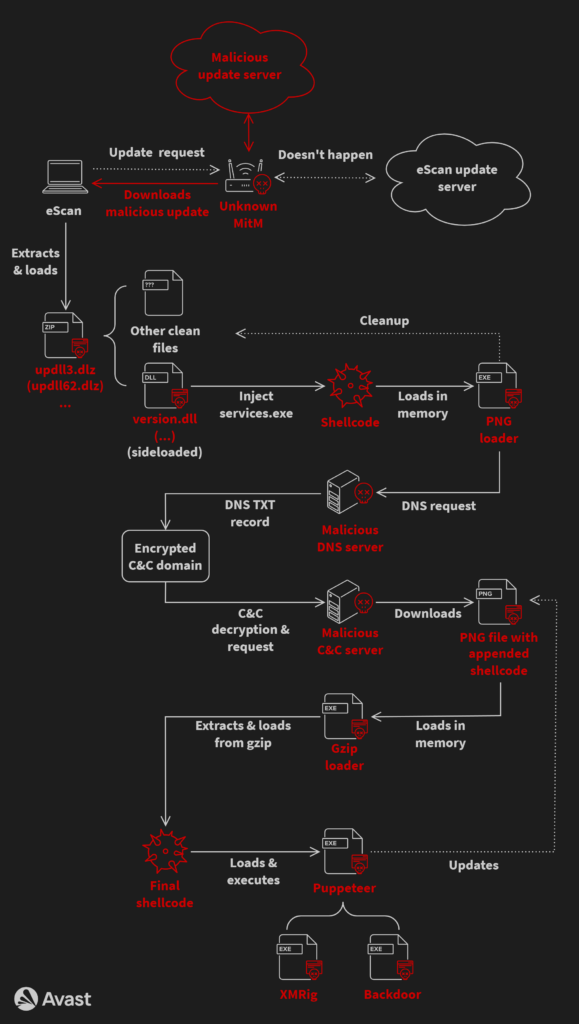From arstechnica.com
Cyber attackers are experimenting with their latest ransomware on businesses in Africa, Asia, and South America before targeting richer countries that have more sophisticated security methods.
Hackers have adopted a “strategy” of infiltrating systems in the developing world before moving to higher-value targets such as in North America and Europe, according to a report published on Wednesday by cyber security firm Performanta.
“Adversaries are using developing countries as a platform where they can test their malicious programs before the more resourceful countries are targeted,” the company told Banking Risk and Regulation, a service from FT Specialist.
Recent ransomware targets include a Senegalese bank, a financial services company in Chile, a tax firm in Colombia, and a government economic agency in Argentina, which were hit as part of gangs’ dry runs in developing countries, the data showed.



